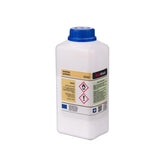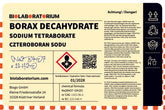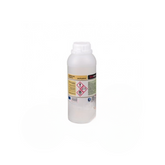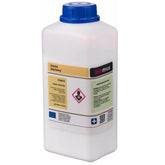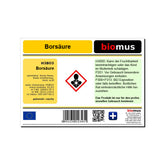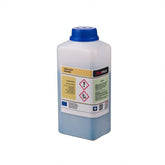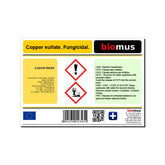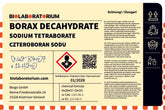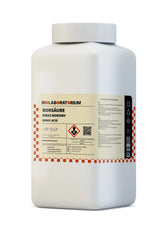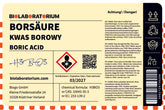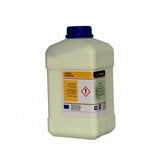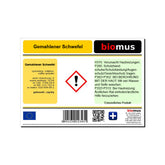Bergamot Essential Oil – Versatile Applications in Industry and Technology
Bergamot oil is a fascinating essential oil that plays an important role not only in aromatherapy and cosmetics but also in numerous industrial applications. This precious natural product, obtained from the peel of the bergamot, captivates with its unique scent composition and its versatile properties. In this blog post, we want to thoroughly explore the technical and industrial application possibilities of bergamot oil.
The origin and extraction of bergamot oil
The bergamot (Citrus bergamia) is a citrus fruit originally from southern Italy. Particularly in the Calabria region, the cultivation and processing of bergamot has been practiced for centuries. The essential oil is obtained by cold pressing of the fruit peel and is characterized by its fresh-citrus, slightly floral scent.
Bergamot oil is a precious natural product whose extraction involves high manual effort. About 200-300 bergamots are needed per kilogram of oil. This circumstance contributes to bergamot oil being among the most valuable essential oils overall.
Chemical composition and properties
The essential bergamot oil consists of a variety of components that give it its characteristic properties. The main components include linalyl acetate, linalool, limonene, geraniol, and bergaptenes. These substances are responsible for the fresh, fruity scent as well as the diverse biological effects of the oil.
Bergamot oil is characterized by the following properties:
- Antioxidative effect
- Antimicrobial activity
- Calming and relaxing effect
- Photosensitizing effect (caution with sun exposure)
These properties make bergamot oil a versatile natural substance in industry.
Industrial Applications of Bergamot Oil
Perfume and Cosmetics Industry
One of the main application areas of bergamot oil is the perfume and cosmetics industry. Its fresh-citrusy, floral scent is used in numerous fragrance compositions. Bergamot oil gives perfumes, creams, soaps, and other cosmetic products a pleasant, invigorating scent note.
Furthermore, the cosmetics industry utilizes the photosensitizing effect of the oil. Bergaptens in bergamot oil can develop a tanning effect on the skin when exposed to sunlight, which is used in tanning products.
Food and Beverage Industry
Bergamot oil also finds diverse applications in the food and beverage industry. Its fruity-spicy flavor is used in soft drinks, teas, baked goods, and other products. Additionally, it can function as a natural preservative.
Chemical Industry
In the chemical industry, bergamot oil serves as a starting material for the production of technical flavors and fragrances. Due to its antimicrobial properties, it is also used in disinfectants and cleaning products.
Pharmaceutical Industry
In the pharmaceutical industry, bergamot oil is used in medications, dietary supplements, and personal care products due to its calming and relaxing effects. It also plays an important role in aromatherapy.
Further Applications
Additionally, bergamot oil is used in the wood industry, where it serves as a natural wood preservative. It can also be used in the textile industry as a fragrance for fabrics and fibers.
Quality Standards and Sustainability
In the industrial use of bergamot oil, it is important to pay attention to quality and sustainability. Only high-quality, certified oils should be used to ensure consistent quality and effectiveness.
Furthermore, it is desirable to manage the bergamot plantations in Calabria according to ecological criteria and to carry out the extraction of the oil in an environmentally friendly manner. Only in this way can the valuable raw material bergamot oil be available in sufficient quantity and quality in the future.
Conclusion
Bergamot oil is a fascinating essential oil with diverse applications in industry and technology. From perfumery to pharmaceuticals, from food production to wood care – this precious natural product enriches numerous industries with its unique properties. In industrial use, it is important to pay attention to quality and sustainability to preserve this valuable raw material for future generations.
